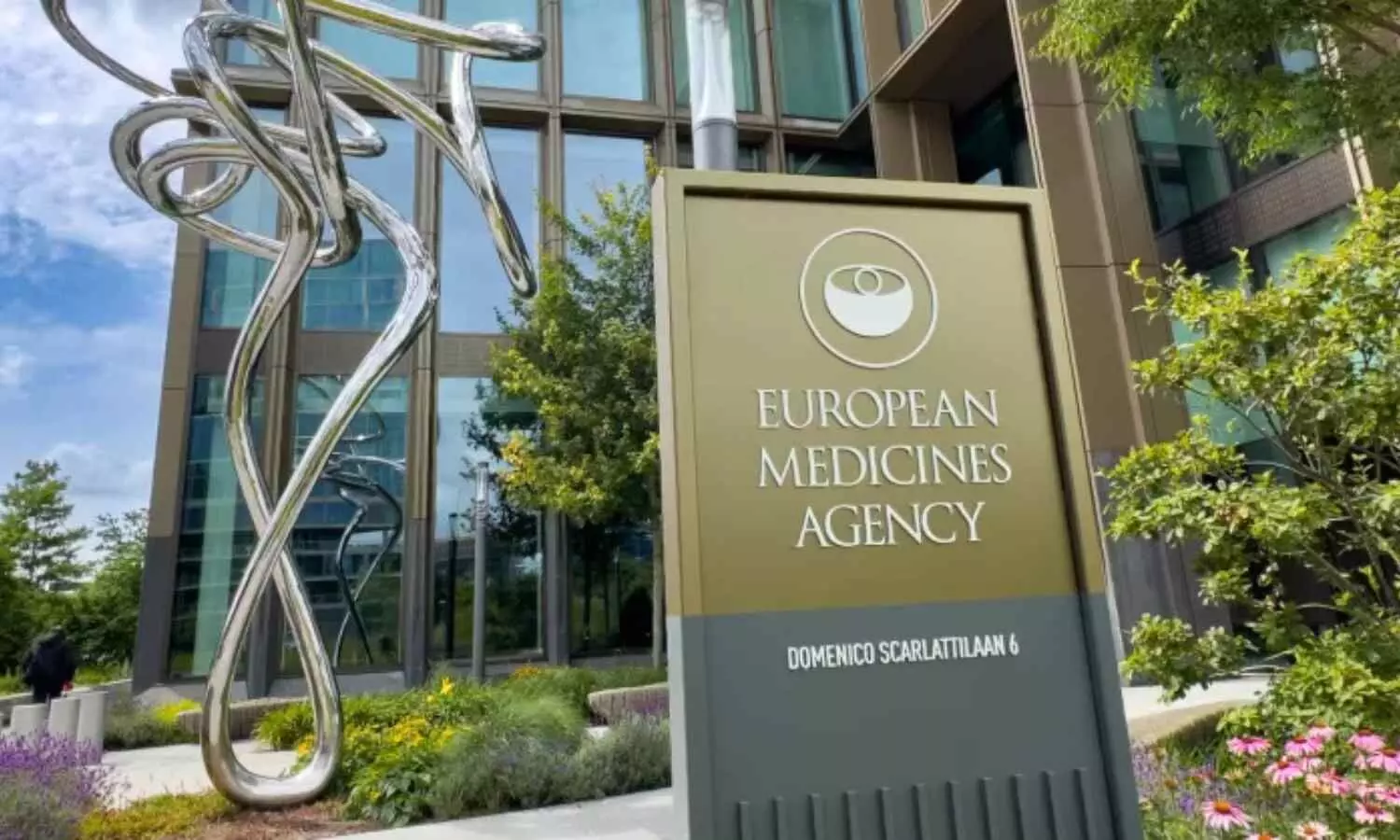- Home
- Medical news & Guidelines
- Anesthesiology
- Cardiology and CTVS
- Critical Care
- Dentistry
- Dermatology
- Diabetes and Endocrinology
- ENT
- Gastroenterology
- Medicine
- Nephrology
- Neurology
- Obstretics-Gynaecology
- Oncology
- Ophthalmology
- Orthopaedics
- Pediatrics-Neonatology
- Psychiatry
- Pulmonology
- Radiology
- Surgery
- Urology
- Laboratory Medicine
- Diet
- Nursing
- Paramedical
- Physiotherapy
- Health news
- Fact Check
- Bone Health Fact Check
- Brain Health Fact Check
- Cancer Related Fact Check
- Child Care Fact Check
- Dental and oral health fact check
- Diabetes and metabolic health fact check
- Diet and Nutrition Fact Check
- Eye and ENT Care Fact Check
- Fitness fact check
- Gut health fact check
- Heart health fact check
- Kidney health fact check
- Medical education fact check
- Men's health fact check
- Respiratory fact check
- Skin and hair care fact check
- Vaccine and Immunization fact check
- Women's health fact check
- AYUSH
- State News
- Andaman and Nicobar Islands
- Andhra Pradesh
- Arunachal Pradesh
- Assam
- Bihar
- Chandigarh
- Chattisgarh
- Dadra and Nagar Haveli
- Daman and Diu
- Delhi
- Goa
- Gujarat
- Haryana
- Himachal Pradesh
- Jammu & Kashmir
- Jharkhand
- Karnataka
- Kerala
- Ladakh
- Lakshadweep
- Madhya Pradesh
- Maharashtra
- Manipur
- Meghalaya
- Mizoram
- Nagaland
- Odisha
- Puducherry
- Punjab
- Rajasthan
- Sikkim
- Tamil Nadu
- Telangana
- Tripura
- Uttar Pradesh
- Uttrakhand
- West Bengal
- Medical Education
- Industry
Attention Healthcare professionals: WHO Issues Safety Alert on Semaglutide Use

Geneva: The World Health Organization (WHO) has issued a global safety alert highlighting the risk of non-arteritic anterior ischemic optic neuropathy (NAION) associated with the use of semaglutide-containing medicines, including Ozempic®, Rybelsus®, and Wegovy®. These widely prescribed drugs are used for the management of type 2 diabetes and obesity.
"Semaglutide, a glucagon-like peptide-1 receptor agonist (GLP-1RA), is the active ingredient in medications used to treat type 2 diabetes and obesity. NAION is a leading cause of vision loss in adults and the second most common optic neuropathy after glaucoma. It typically presents as sudden, painless, monocular vision loss accompanied by optic disc edema. The vision loss is generally irreversible, and there is currently no effective treatment available," stated the alert
The alert follows a recent review by the European Medicines Agency (EMA), which recommended updating product information for these medicines to include NAION as a very rare side effect. The EMA’s Pharmacovigilance Risk Assessment Committee (PRAC) reviewed all available data on NAION with semaglutide, including data from non-clinical studies, clinical trials, post-marketing surveillance and the medical literature. PRAC concluded that NAION is a very rare side effect of semaglutide, potentially affecting up to 1 in 10,000 users.
Accordingly, EMA has recommended that the product information for semaglutide medicines be updated to reflect this risk. If patients experience a sudden loss of vision or rapidly worsening eyesight during treatment with semaglutide, they should contact their doctor without delay. If NAION is confirmed, treatment with semaglutide should be stopped.
In parallel, the WHO Advisory Committee on Safety of Medicinal Products (ACSoMP), during its May 2025 meeting, recommended revising the Risk Management Plan for semaglutide to include NAION and any necessary pharmacovigilance measures.
The WHO noted that it has received individual case safety reports (ICSRs) of NAION following semaglutide administration from multiple countries through VigiBase, the global adverse event database.
Healthcare professionals should advise patients on the early signs of NAION and to discontinue semaglutide immediately if the condition is suspected. Patients are advised to seek urgent medical attention in case of sudden or rapidly worsening vision during treatment.
Dr Kamal Kant Kohli-MBBS, DTCD- a chest specialist with more than 30 years of practice and a flair for writing clinical articles, Dr Kamal Kant Kohli joined Medical Dialogues as a Chief Editor of Medical News. Besides writing articles, as an editor, he proofreads and verifies all the medical content published on Medical Dialogues including those coming from journals, studies,medical conferences,guidelines etc. Email: drkohli@medicaldialogues.in. Contact no. 011-43720751



